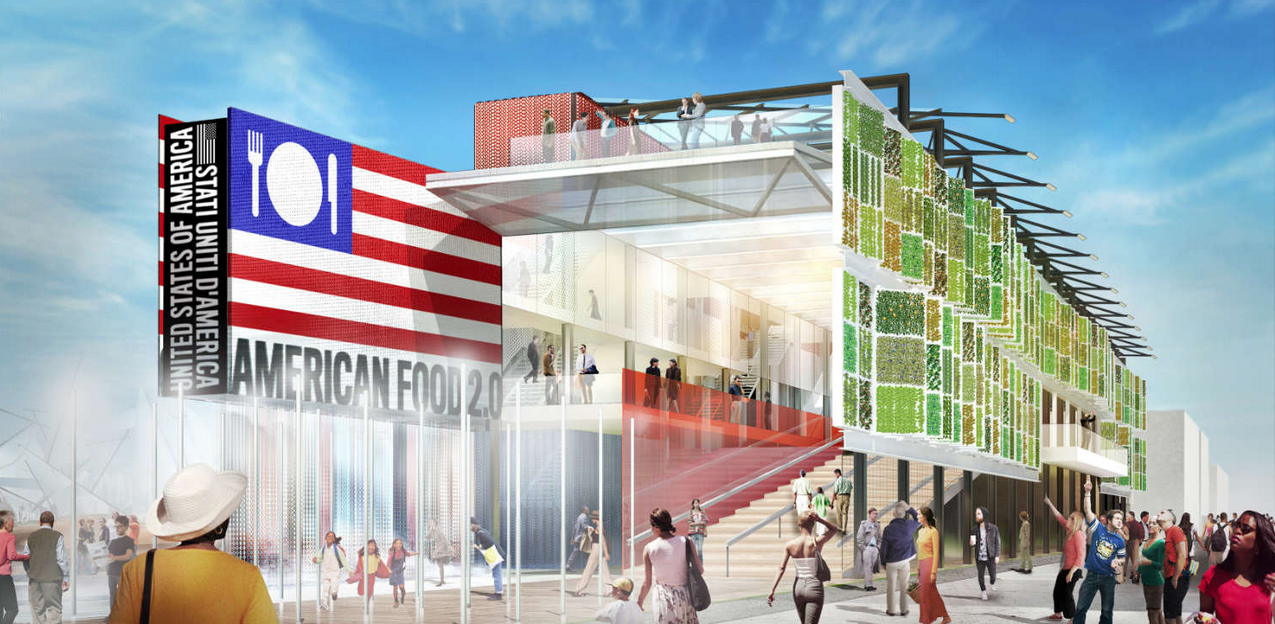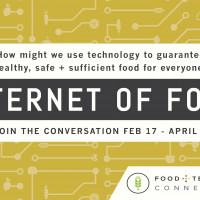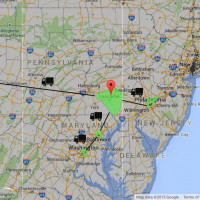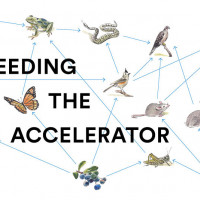Guest post by Johan Jörgensen, curator of Feeding the Accelerator, the USA Pavilion‘s food startup accelerator at Expo Milano. The views expressed here are solely those of the author and do not reflect the views of Food+Tech Connect.
The bad news is that the food sector is teaming with problems. The good news is that we can use technology to solve many of those problems, but we definitely have some distance to go.
Food is out of sync with society. While we have been busy entering post-industrialism, residing in cities and focusing on knowledge and creativity, most of the food world remains deadlocked in the industrial phase.
Food will not remain in the backwaters, however. There is a lot of work being done to make food computable and discussions revolving around how deep infrastructure layers can be adopted to take food into the 21st century. In parallel, food data is becoming more accessible thanks to open databases and APIs.
The fact that the largest sector on the planet has not yet been transformed due to the influx of the Internet and the information revolution does not mean it is immune to change. It just means that change has not yet been catalyzed.
With proper information and service layers in place alongside open databases, we can start to innovate production methods, distribution systems and consumption patterns. As the ecosystem grows, new connections will form and resistance to change will break down. That is what has happened in almost every other industry, and it will happen in the food sector as well.
Fast-forward a few years. A fruit orchard becomes an Internet of Food network, and a cow becomes a node in a social graph. There will be digital service layers on top of bee hives analyzing sensor data in the cloud. What will the future farmer look like? Will it be a person with dirty nails or a system operator sending drones out in the fields to zap bugs or deploying exact fertilizers according to sensor data?
In a world of open food, will supermarkets still be able to beat producers down on price or will the long-tail prevail? Will we be able to crunch Big Data, develop best practices and connect the quantified self to quantified food? When, at the touch of a finger tip, we can see how food is produced, what it contains and what it does to us and the planet, will we change our habits?
In this world, the new business models will follow the same paths as other sectors. Google’s “don’t be evil” mantra might even (hopefully) be followed up by the general promise: “don’t produce sh$%”. We are going from silos to ecosystems, moving from closed labs to open innovation.
During the innovation program at the USA Pavilion at this year’s world exhibition in Milan–which is all about food and feeding the planet in a healthy and sustainable way–we ask the question: what will happen when we connect great food tech entrepreneurs to an entire ecosystem of big thinkers from the tech and creative fields with progressive forces in the current food sector? And what will happen when we accelerate them and help them become beacons for the future of food? With more beacons and the necessary infrastructure components in place, the snowball effect will kick in, and the food world will start to truly change.
Technology, new business models and design will change the food industry by adding the fundamental building blocks for food sector innovation. Then it will be up to us to decide how to use those innovations to change the world of food for the better.
The really good news is that the dots are becoming visible, now let’s start to connect them.
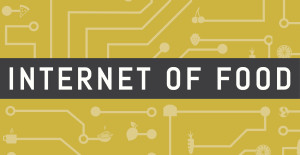 Internet of Food is editorial series exploring how we might use technology, new business models and design to guarantee healthy, safe and sufficient food for everyone. Join the conversation between February 17 and April 2. Share your ideas in the comments, on Twitter using#internetoffood, Facebook or LinkedIn.
Internet of Food is editorial series exploring how we might use technology, new business models and design to guarantee healthy, safe and sufficient food for everyone. Join the conversation between February 17 and April 2. Share your ideas in the comments, on Twitter using#internetoffood, Facebook or LinkedIn.
______________
 Johan Jörgensen is curator of Feeding the Accelerator, the USA Pavilion innovation program at Expo2015. He has more than 20 years of experience in the Internet sector as entrepreneur and investor. He is considered a top business developer and is a highly sought-after advisor and board member. Johan is a partner of the New York-Stockholm based change agency AtelierSlice and also serves as chairman of the European crowdfunding platform FundedByMe. He has an extensive network in the European tech and investor circles.
Johan Jörgensen is curator of Feeding the Accelerator, the USA Pavilion innovation program at Expo2015. He has more than 20 years of experience in the Internet sector as entrepreneur and investor. He is considered a top business developer and is a highly sought-after advisor and board member. Johan is a partner of the New York-Stockholm based change agency AtelierSlice and also serves as chairman of the European crowdfunding platform FundedByMe. He has an extensive network in the European tech and investor circles.

